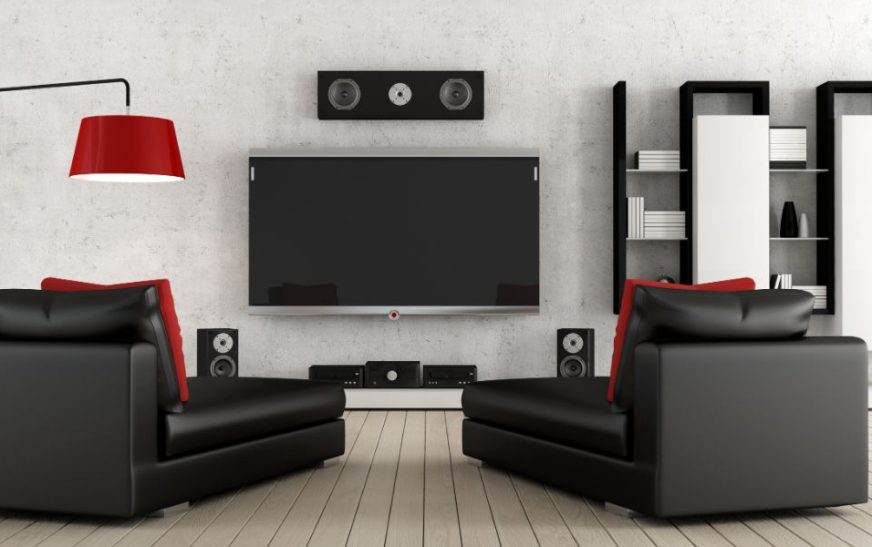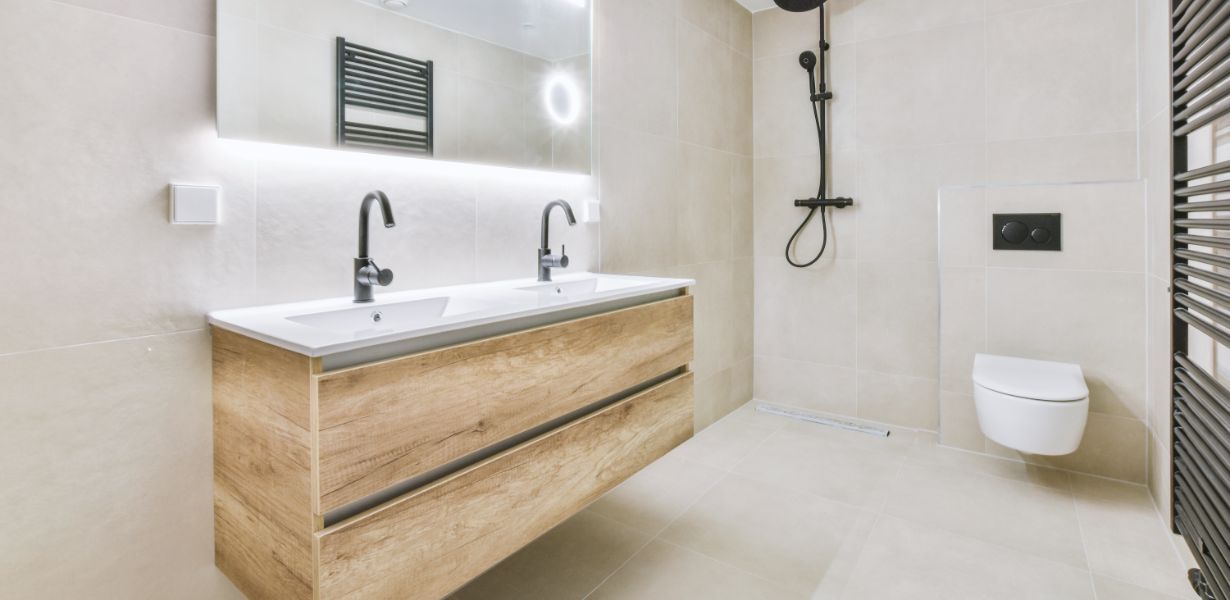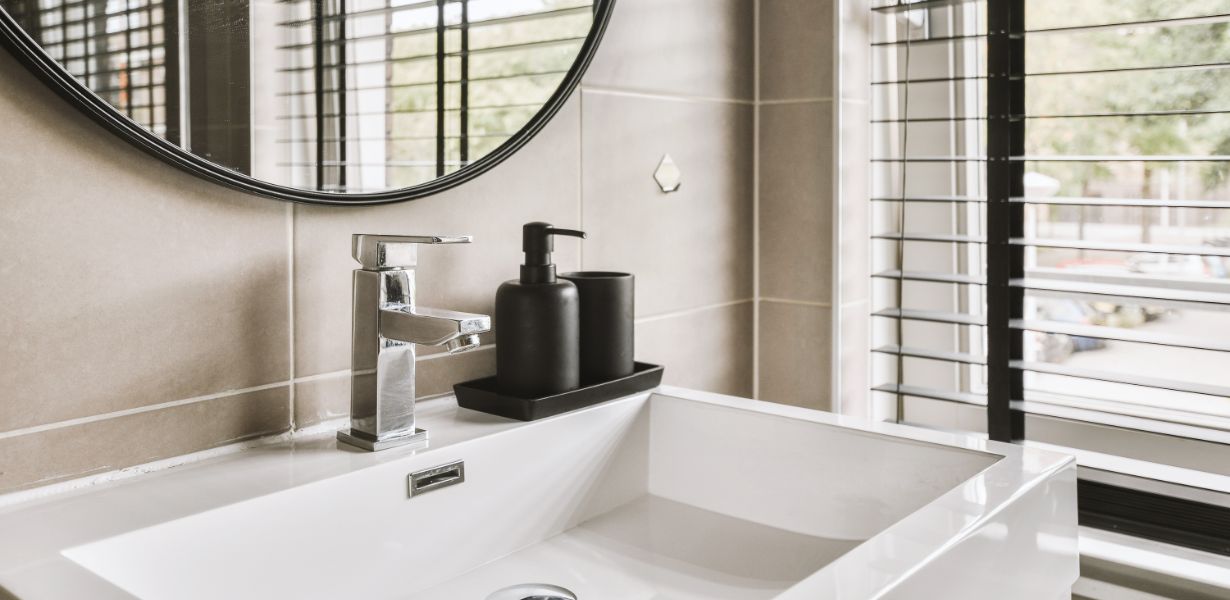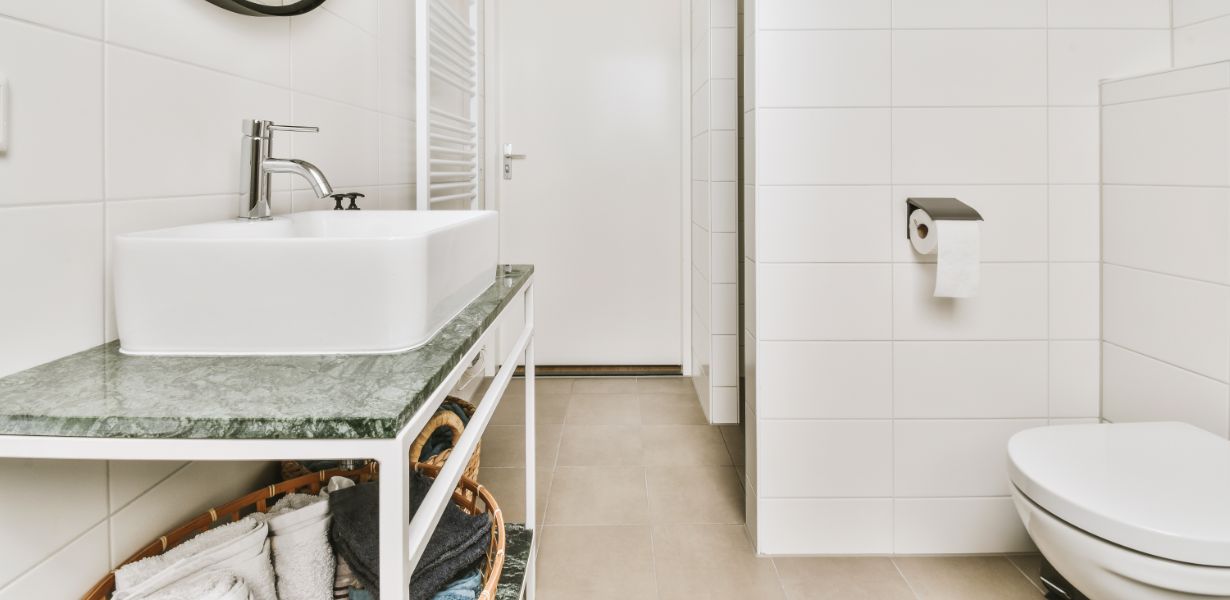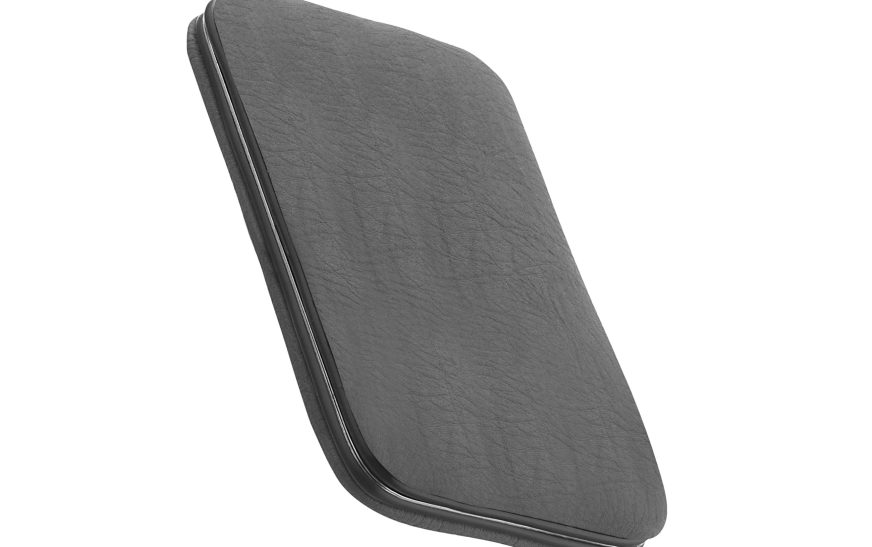In today’s digital age, our homes are brimming with an array of sophisticated electronic devices that enhance our daily lives. From smart TVs to gaming consoles and home automation systems, these gadgets are integral to modern living. However, to ensure their longevity and optimal performance, it’s imperative that we take proper care of our home electronics. This comprehensive guide will equip you with the knowledge and practical tips to maintain your electronic treasures.
The Importance of Home Electronics Maintenance
Home Electronics are not just a financial investment; they are integral to our daily lives, entertainment, and even work. Neglecting their care can lead to unexpected breakdowns, reduced lifespan, and costly repairs. By following these maintenance tips, you can save money and enjoy uninterrupted tech experiences.
Cleaning Your Electronics
Regular Cleaning Routine
Dust and dirt can accumulate on electronic surfaces, hindering their performance. A simple but effective routine can keep your electronics in top shape. Use a soft microfiber cloth to wipe screens and surfaces, and consider using compressed air to clean out dust from tight spots.
Screen Cleaning
For screens, especially on televisions and computers, a microfiber cloth and a mild screen cleaner can work wonders. Always turn off and unplug the device before cleaning, and avoid using abrasive materials that could scratch the screen.
Proper Ventilation
Electronic devices generate heat during operation. Ensure that there’s adequate airflow around devices such as gaming consoles, routers, and amplifiers. Overheating can cause malfunctions and significantly reduce the lifespan of your gadgets.
Software Updates
Regular Updates
Frequently update the software of your devices. Manufacturers release updates to fix bugs, enhance security, and improve performance. Keeping your software up to date ensures that your devices operate smoothly.
Surge Protectors
Surge protectors are your electronic equipment’s first line of defense against power surges and voltage spikes. Using surge protectors can extend the lifespan of your devices and save you from expensive repair costs.
Cable Management
Cable clutter not only looks unsightly but can also lead to accidents and damage to your devices. Invest in cable organizers and Velcro ties to keep your cables neat and tidy.
Temperature and Humidity Control
Electronics are sensitive to extreme temperatures and humidity levels. Ensure your devices are stored in an environment with controlled temperature and humidity. Avoid placing them near radiators or in damp areas.
Regular Inspections
Frequent inspections can identify potential issues before they escalate. Check for loose connections, damaged cables, and unusual sounds or smells from your devices. Promptly addressing these concerns can prevent costly repairs.
Home Electronics Repair
DIY Repairs
For minor issues, such as loose connections or simple software problems, you can find online resources and guides to help you perform DIY repairs. However, exercise caution and do not attempt complicated repairs unless you have the necessary expertise.
Professional Assistance
For more complex issues or if you’re uncertain about a problem, it’s best to consult a professional technician. Attempting advanced repairs without the required skills may worsen the situation.
Best Home Electronics Practices
When it comes to ensuring the longevity and performance of your home electronics, a few best practices can go a long way:
- Unplug when not in use: Devices on standby mode still consume power. Unplug them or use a smart power strip to cut off power completely.
- Handle with care: Treat your electronics gently. Avoid rough handling, and use protective cases for portable devices.
- Backup your data: Regularly back up important data to prevent data loss in case of device failure.
- Read the user manual: Familiarize yourself with the manufacturer’s recommendations for proper use and maintenance.
Final Words
By following these tech care and maintenance tips, you can extend the lifespan of your home electronics, save money on repairs, and ensure they perform optimally. Remember, your electronic devices are valuable assets, and their well-being depends on how well you care for them.
Commonly Asked Questions
Q1: Can I use any cleaning solution on my electronics?
A1: It’s recommended to use a mild screen cleaner specifically designed for electronics. Avoid using harsh chemicals or abrasive materials.
Q2: How often should I update the software on my devices?
A2: Check for software updates regularly, at least once a month. Most devices allow for automatic updates, which can be enabled for convenience.
Q3: What should I do if I spill liquid on my electronic device?
A3: Immediately power off the device, unplug it, and disconnect the battery if possible. Then, consult a professional for thorough cleaning and inspection.
Q4: Can I store electronics in a garage or attic?
A4: It’s not recommended, as extreme temperature variations in such locations can harm your electronics. It’s best to store them in a climate-controlled area.
Q5: What is the average lifespan of home electronics?
A5: The lifespan varies depending on the device and its usage. On average, most electronics can last anywhere from 5 to 10 years with proper care and maintenance.

